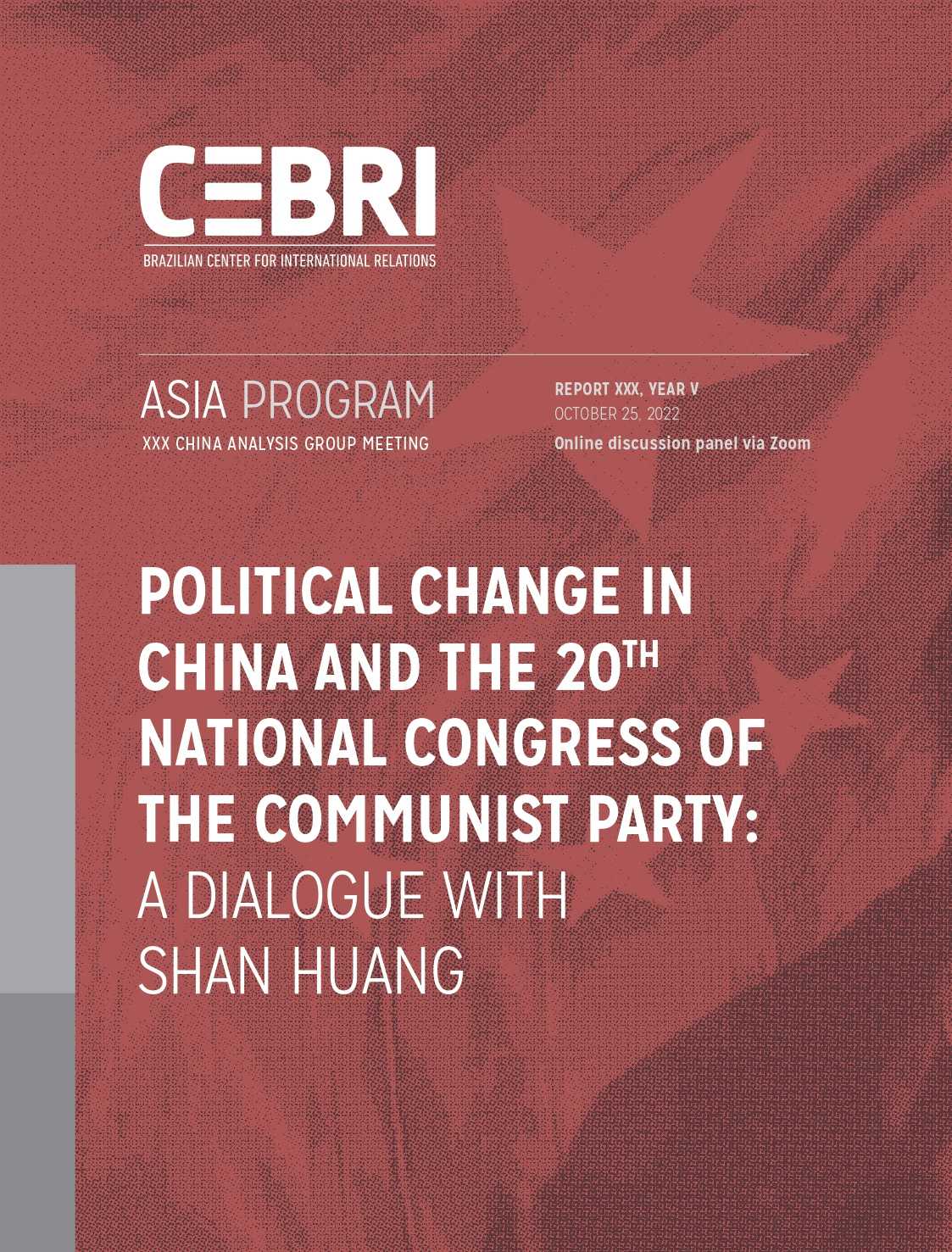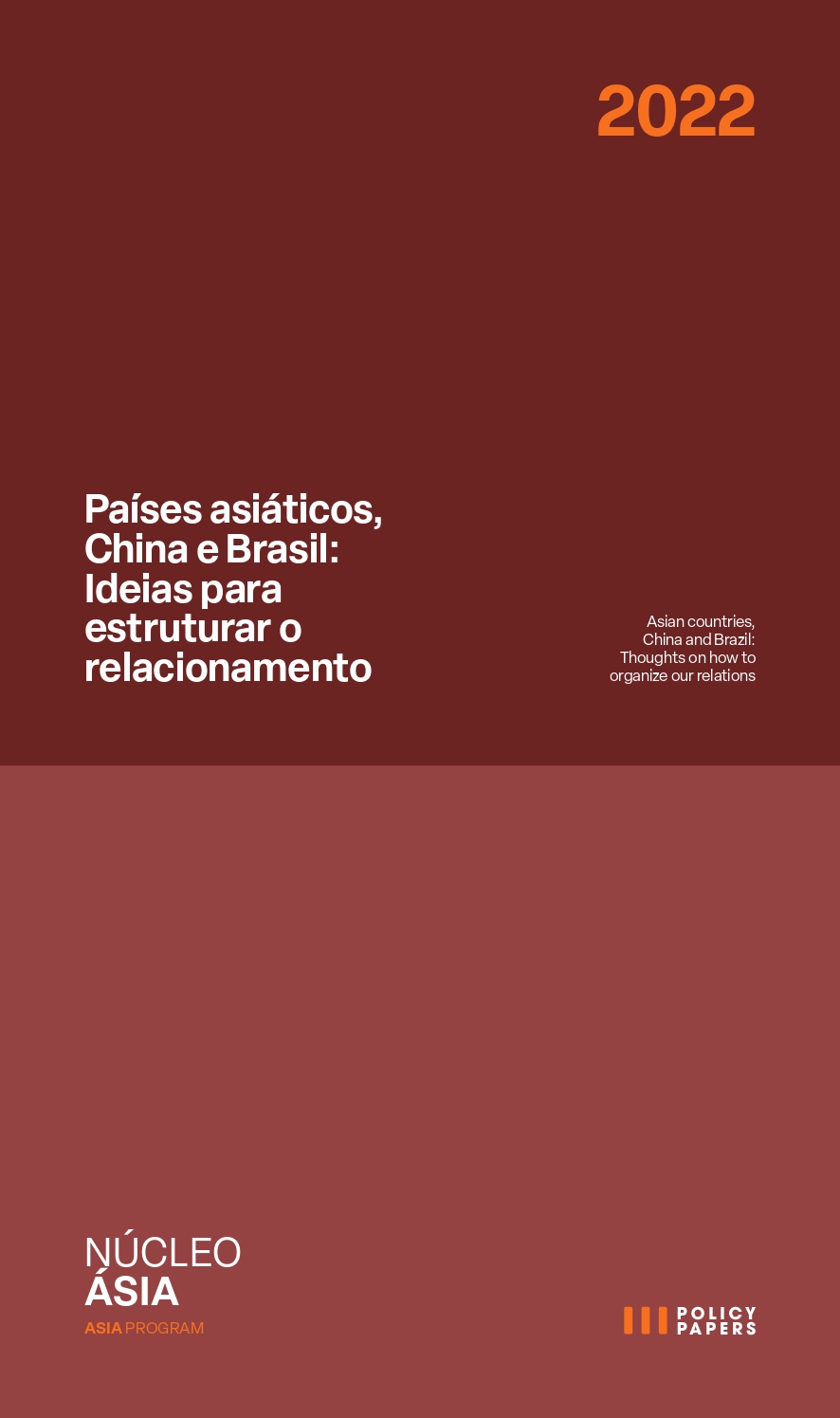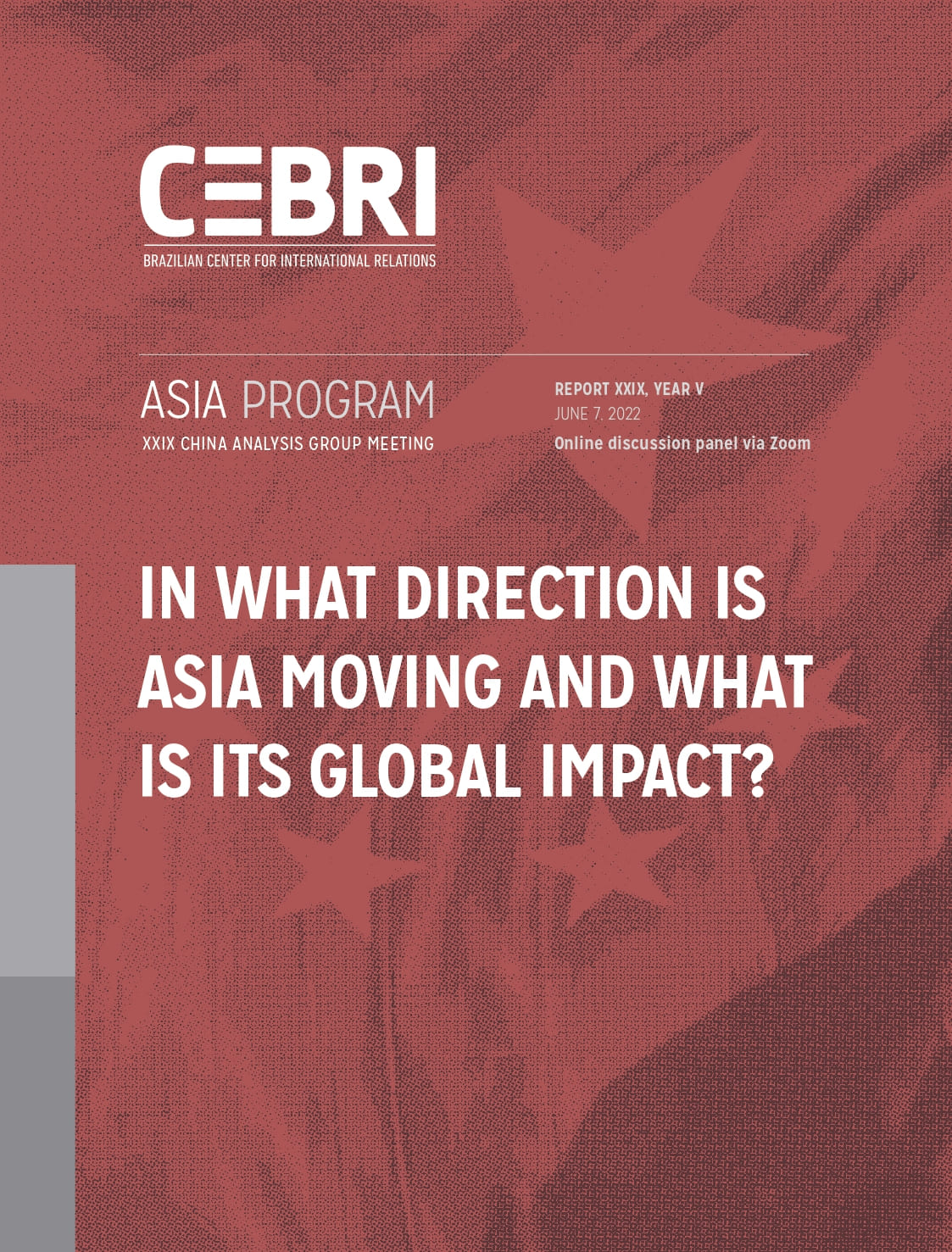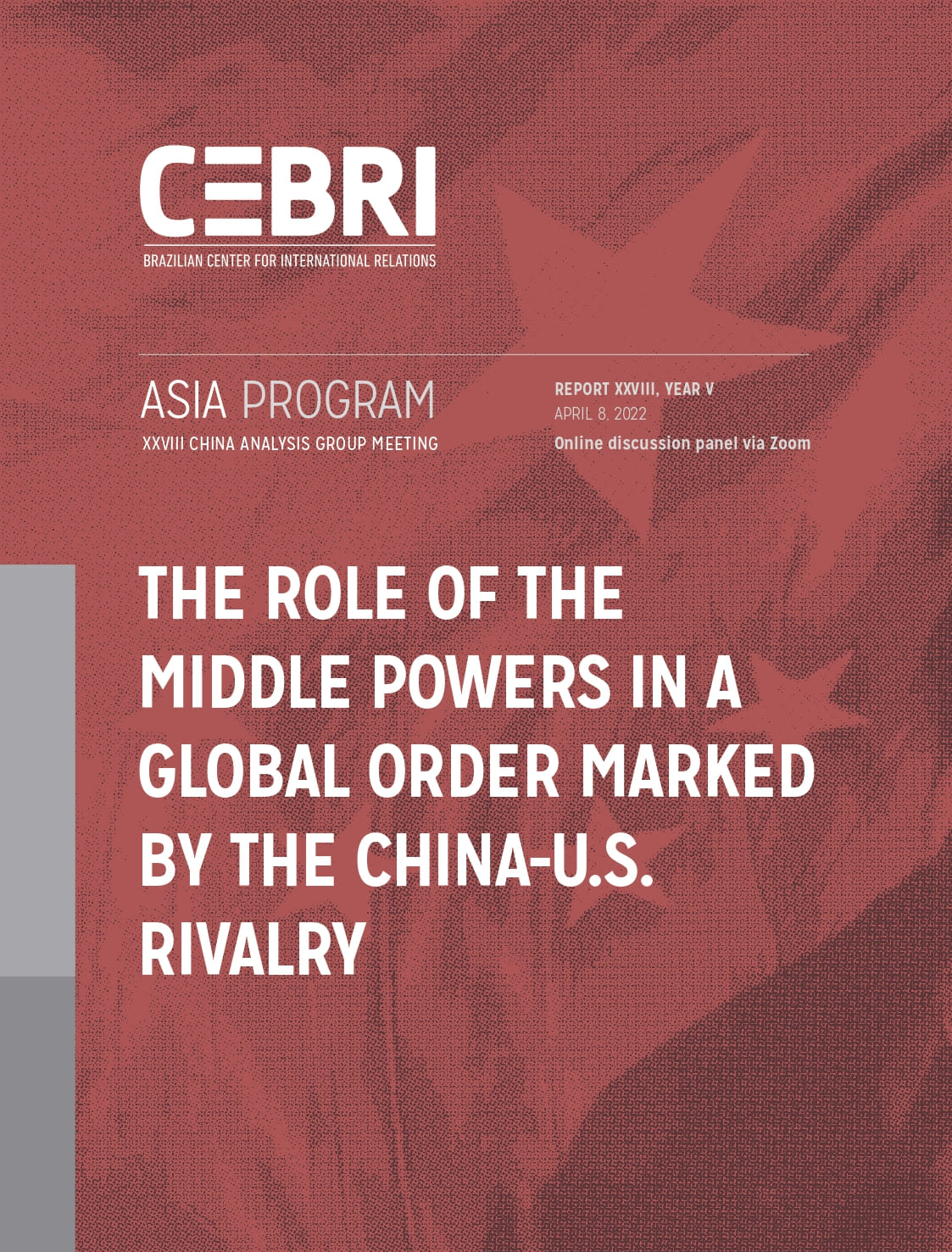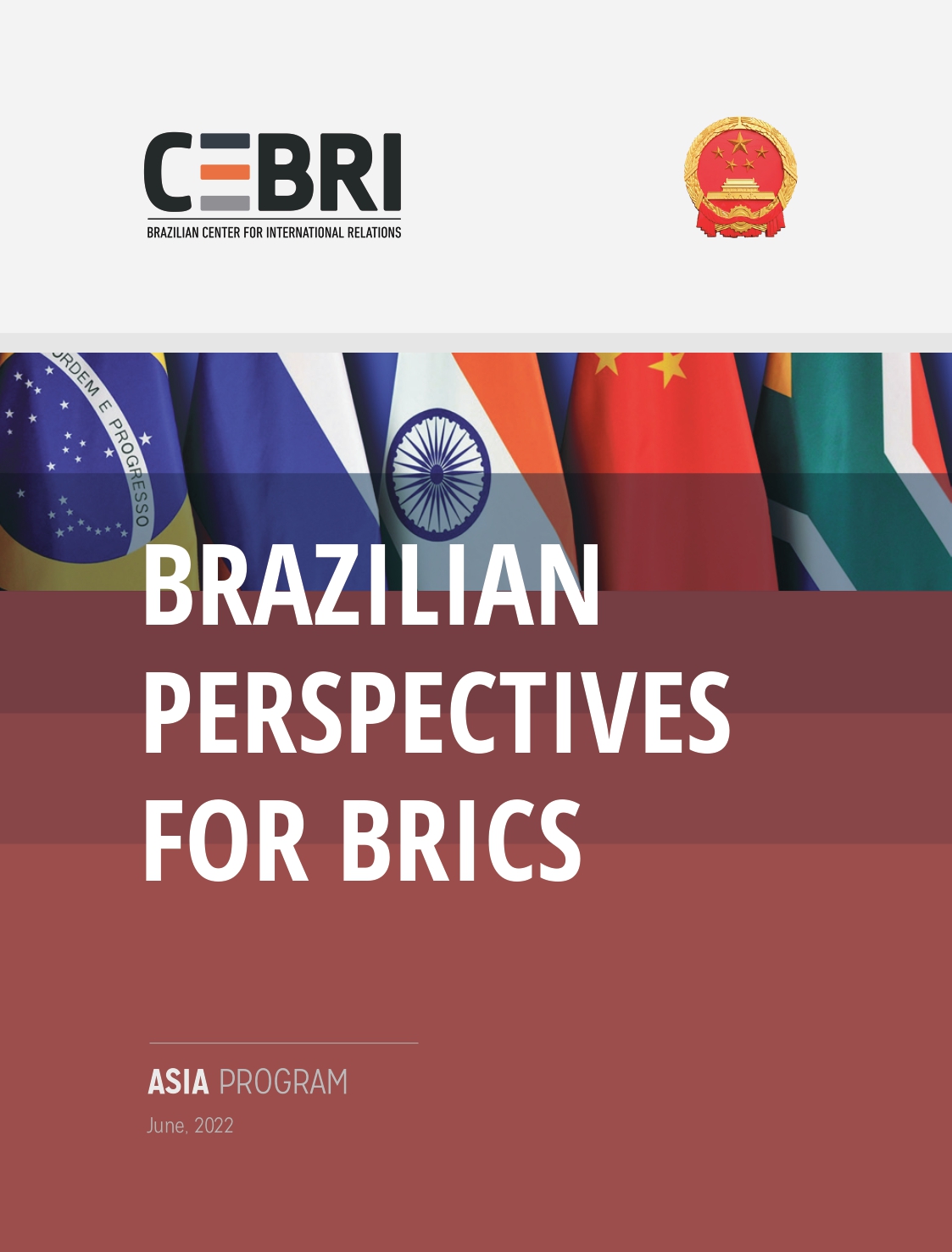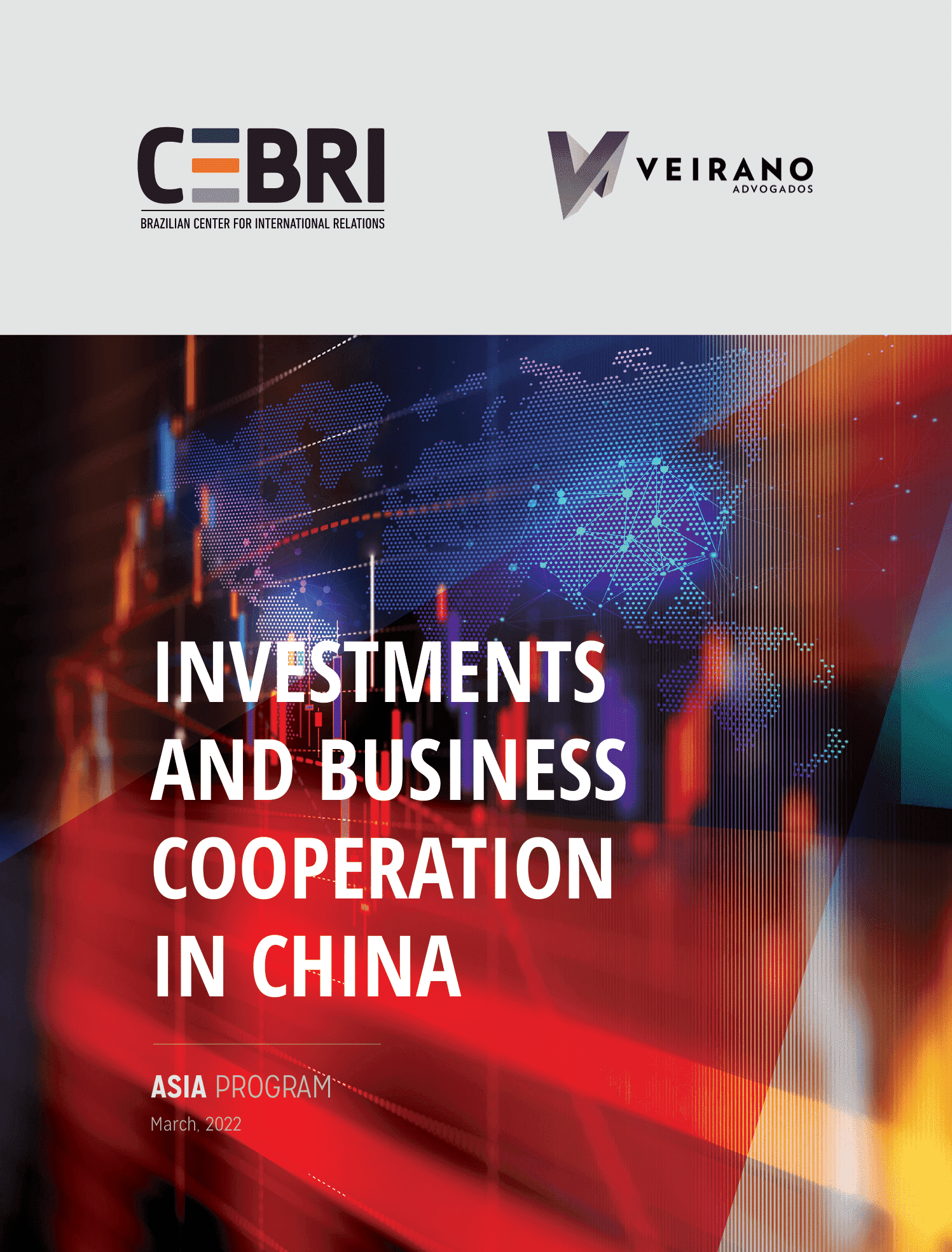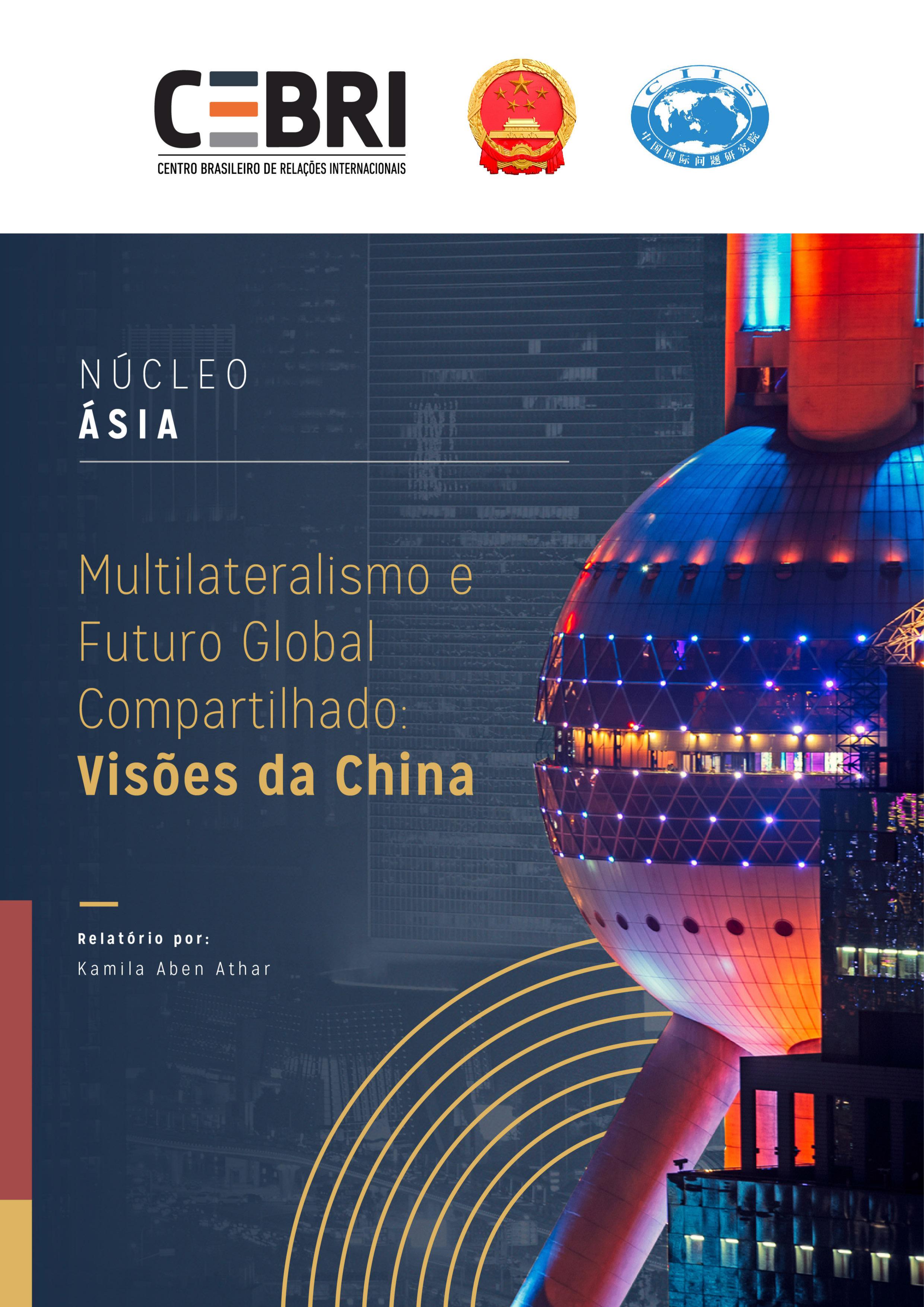Reports
The post-Covid city: the ongoing spatial and technological reconfiguration in China and the world
- Asia
- 09 september 2021
Considering the impacts of the Covid-19 pandemic on our everyday life, the XXV China Analysis Group Meeting focused on the organization of large cities and the reordering of urban agglomerations. According to the participants, the maintenance of this model and the rearrangement, focused on urban sprawl, are valid alternatives, each with its own set of advantages and disadvantages.
Another issue discussed was the impact of technologies on how cities are shaped in the 21st century, to which participants responded by mentioning the role of artificial intelligence and big data in making the architecture behave like a living organism. However, they also warned about the importance of developing a balance between the natural and the artificial world.
Finally, the participants said that for achieving carbon neutrality by 2050, it is necessary for each city to adopt specific policies that suit its own reality, because there is not a universal formula.
Considering the impacts of the Covid-19 pandemic on our everyday life, the XXV China Analysis Group Meeting focused on the organization of large cities and the reordering of urban agglomerations. According to the participants, the maintenance of this model and the rearrangement, focused on urban sprawl, are valid alternatives, each with its own set of advantages and disadvantages.
Another issue discussed was the impact of technologies on how cities are shaped in the 21st century, to which participants responded by mentioning the role of artificial intelligence and big data in making the architecture behave like a living organism. However, they also warned about the importance of developing a balance between the natural and the artificial world.
Finally, the participants said that for achieving carbon neutrality by 2050, it is necessary for each city to adopt specific policies that suit its own reality, because there is not a universal formula.
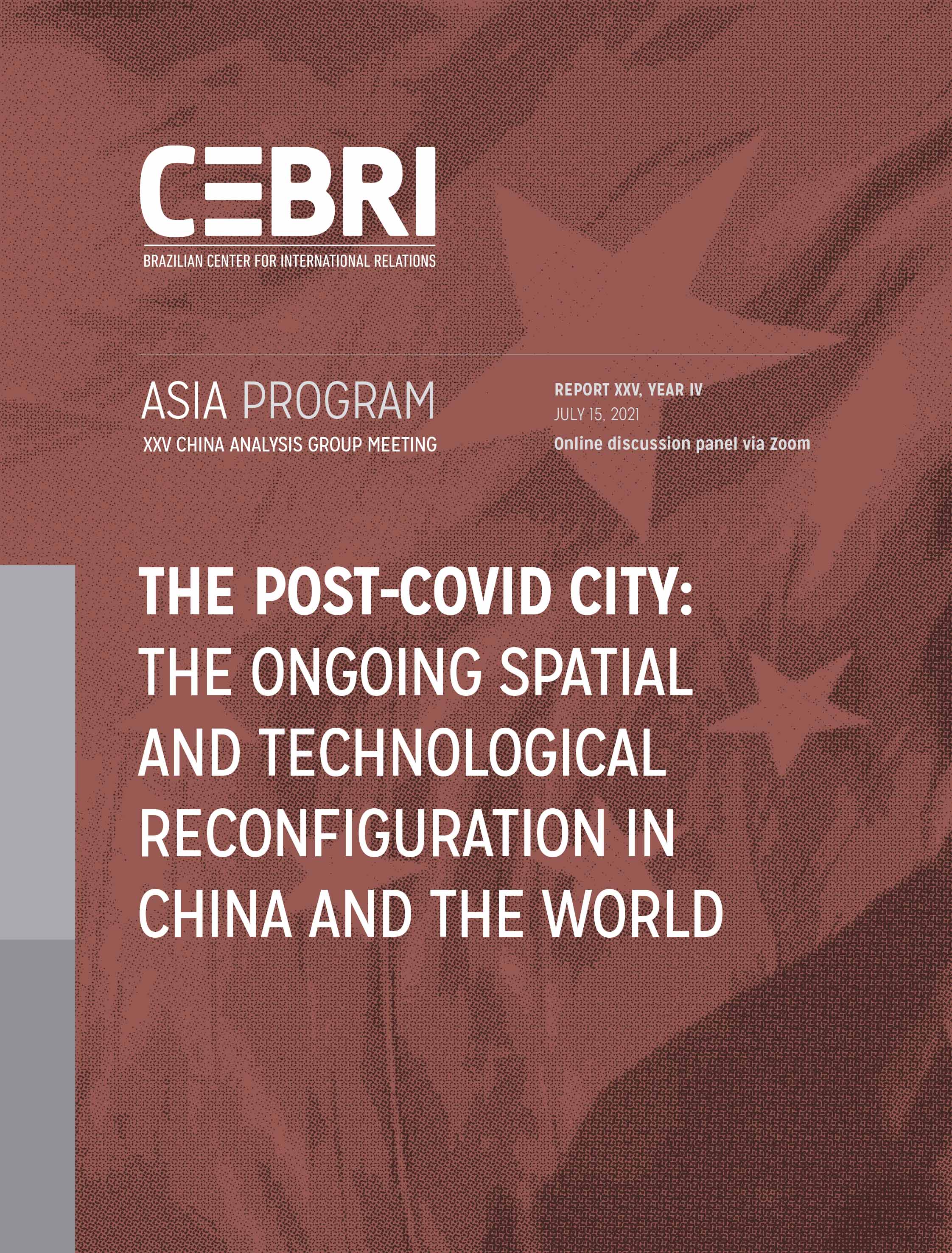

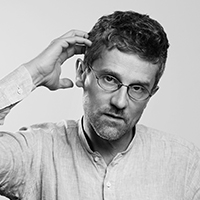

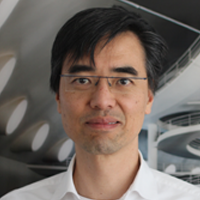
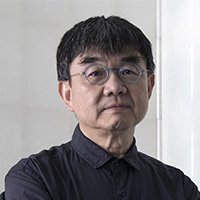
6932f633dad5f.png)
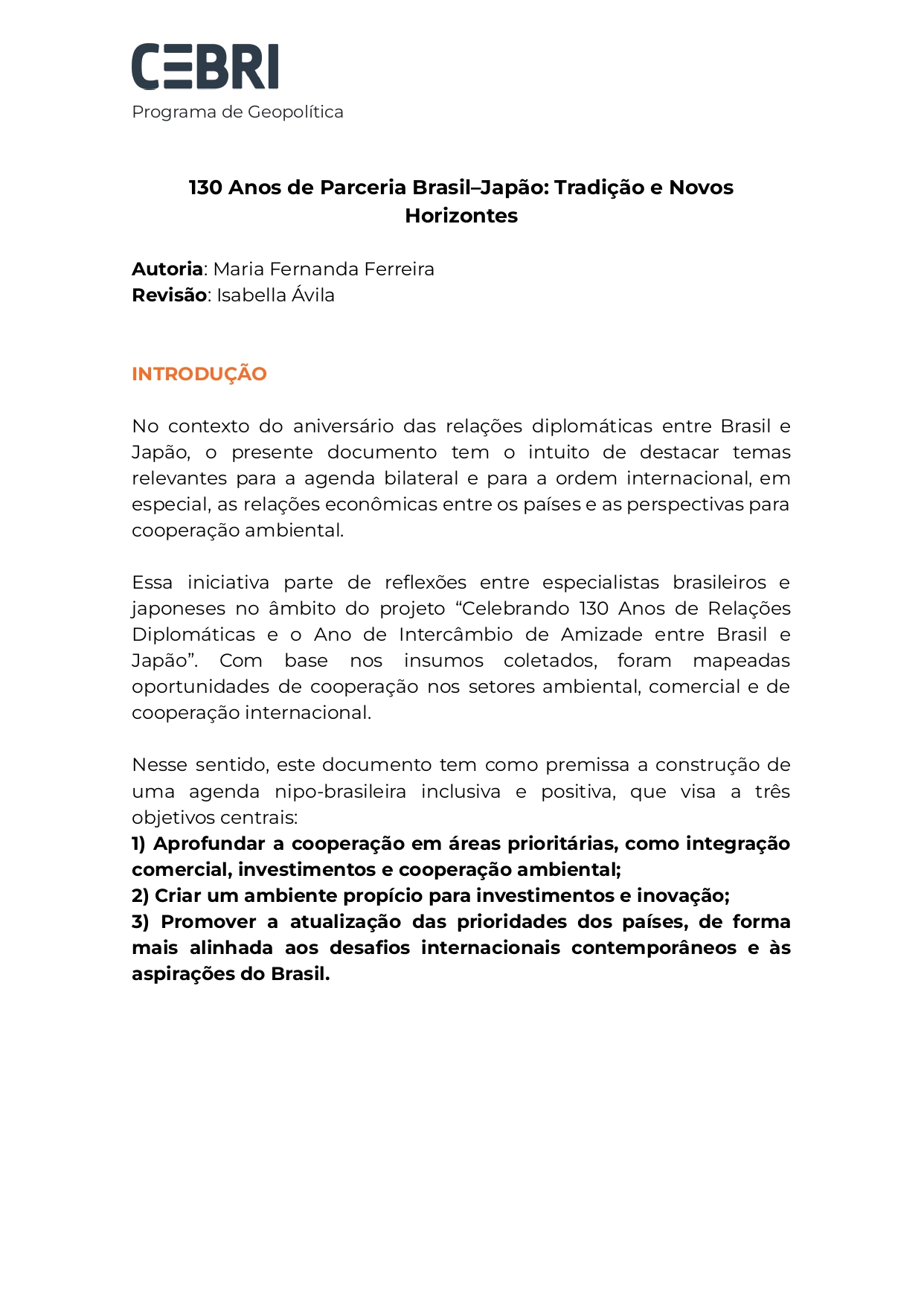
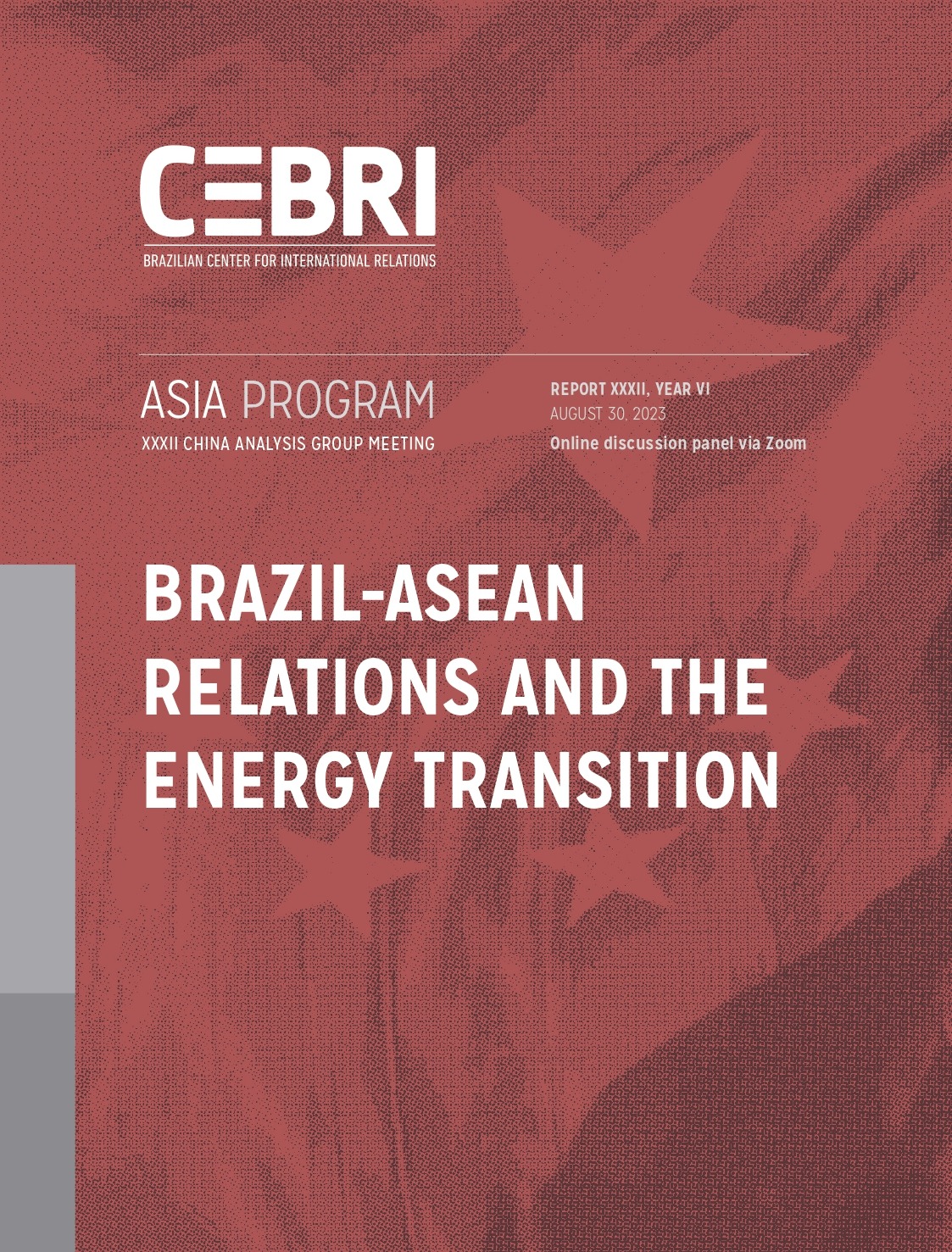
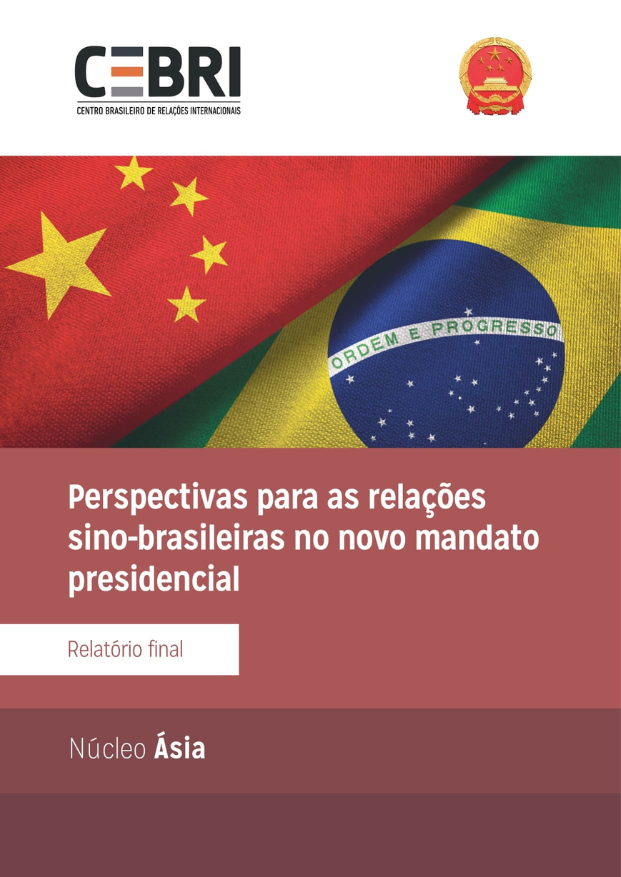
63dd462196071.jpg)
